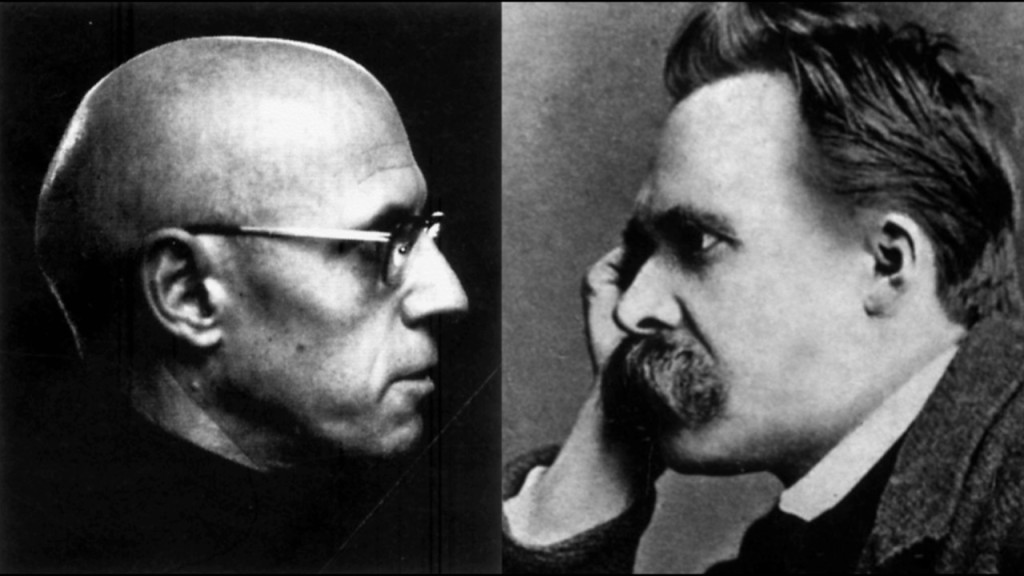My Explaining Postmodernism book is negative on the major developments in German philosophy, tracing a devolution from Kant through Hegel, Marx, Nietzsche, and Heidegger to the postmodernists. Lots of room in that story for nuances and exceptions, and I’ve received much criticism for being harsh on the German thinkers.
I have two forthcoming Open College Podcasts in which I reply to my critics, some of whom raise serious and arguable points. But I’m prompted to make this post from re-reading some Nietzsche, enlisting his intellectual-historian acuity to my cause:
“The whole great tendency of the Germans ran counter to the Enlightenment.”
That’s from Dawn, section 197, “German hostility to the Enlightenment.”
And about Kant in particular and my claim that he’s the critical turning point, here is Dr. Nietzsche’s diagnosis:
“As soon as Kant would begin to exert a popular influence, we should find it reflected in the form of a gnawing and crumbling skepticism and relativism.”
From Untimely Meditations, “Schopenhauer as Educator,” section 3.
